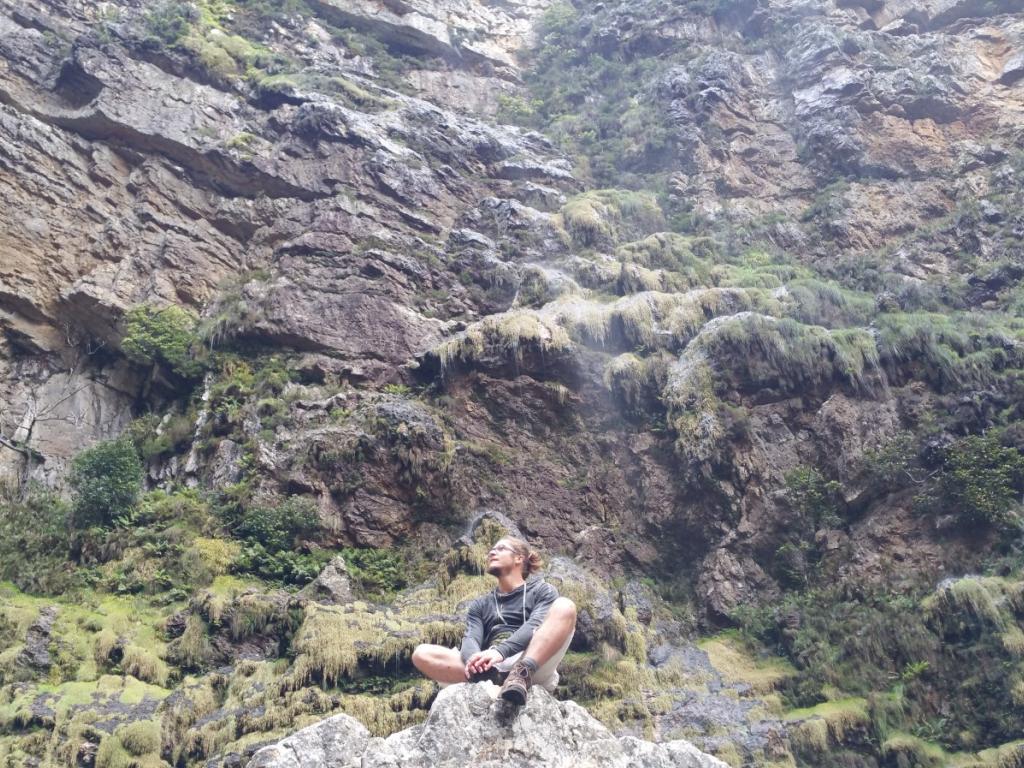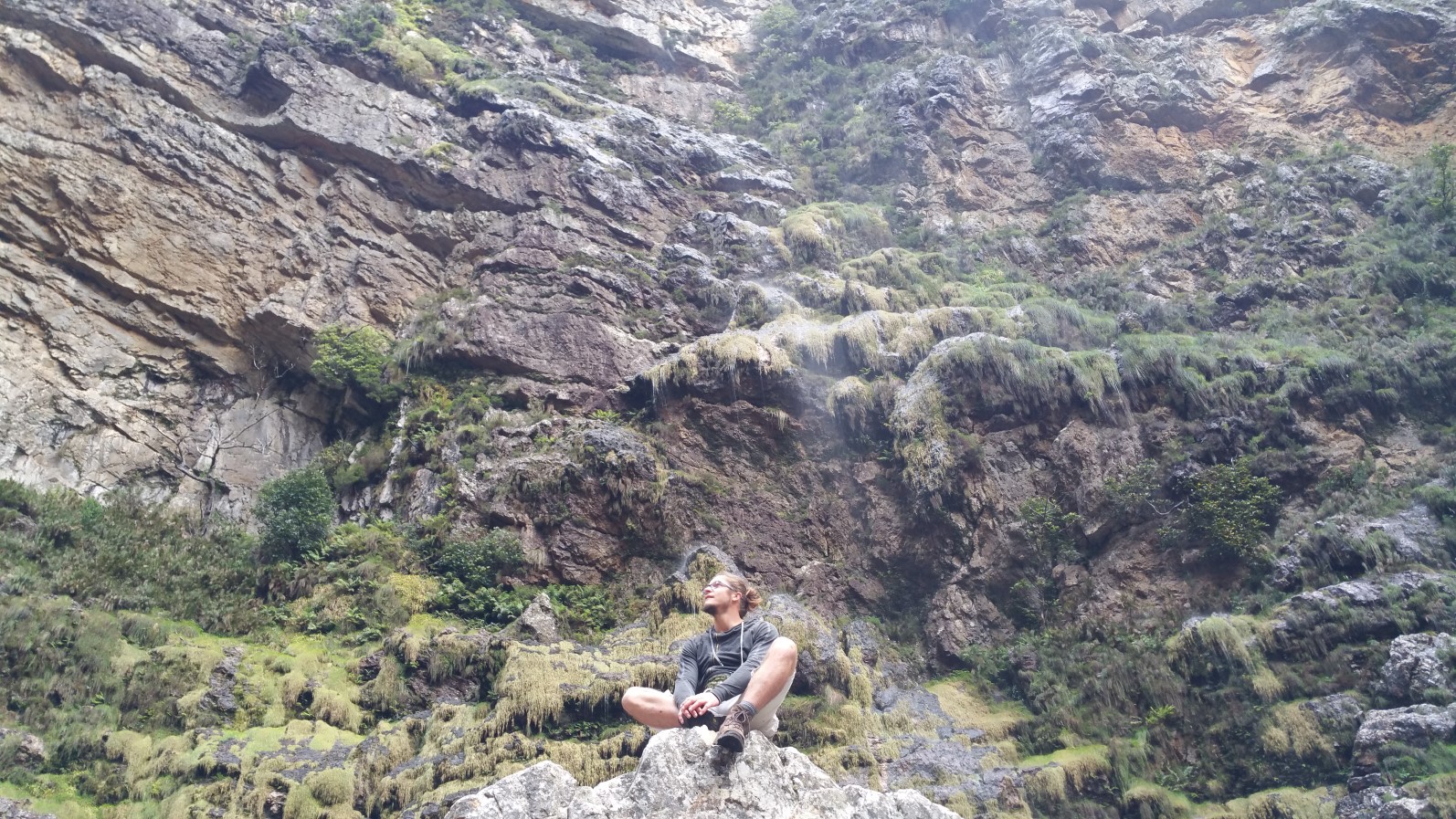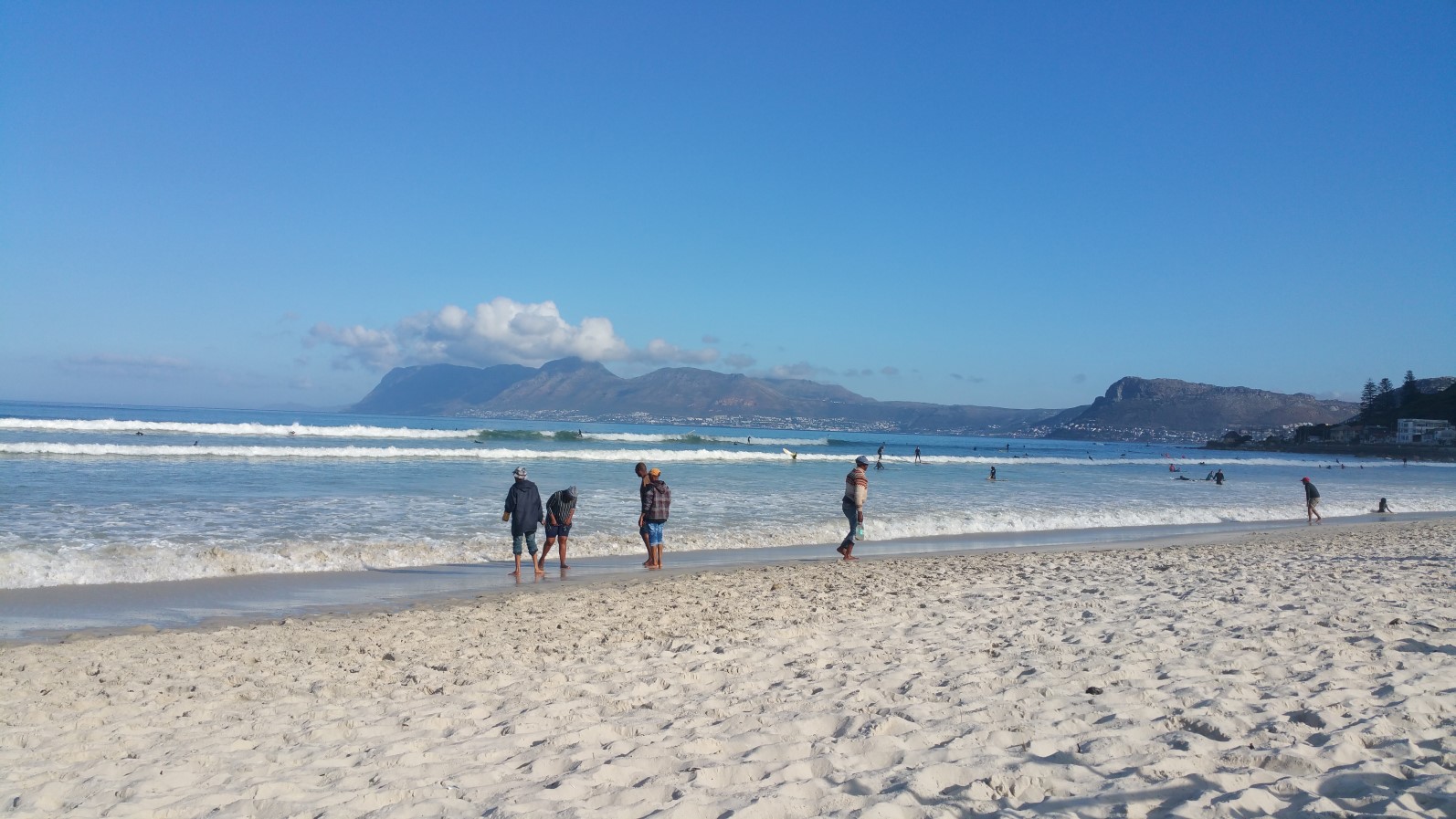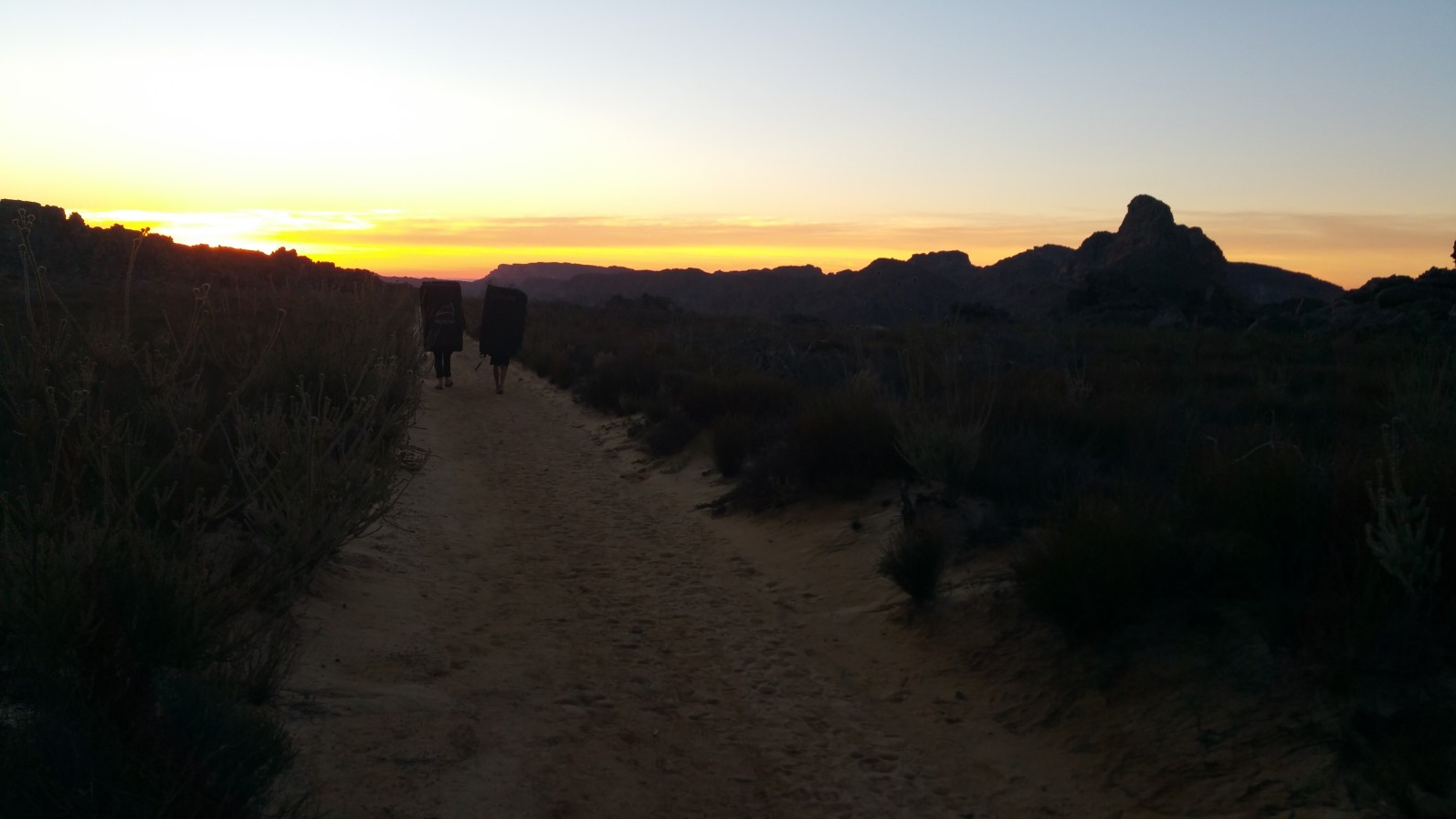My internship at the ACDI: Grégory Guillemet

By Grégory Guillemet

I am convinced that, as individuals forming a community, we can significantly be part of the solutions to the climate issues by changing our everyday practices. I have been making changes for a few years now, trying to reduce my global consumption. For instance, I became vegetarian two years ago because I believe that our meat consumption is way too high to be sustainable. I am also aware that we have a small time-window to react to and counteract climate change, or at least, to mitigate its effects in order to survive.
Unfortunately, I know that individual changes need a lot of time and education to be spread to a significant part of the community. Hence, it was interesting for me to see a part of the technical aspect of the solutions imagined by the scientific community.
My ACDI internship
The objectives of my internship were multiple. Firstly, it was important for my university that I learn what means to be a researcher. Second, I wanted to learn about climate sciences and get information and knowledge about Geoengineering scenarios.
I studied Geoengineering through the institutions and organisations that lead this field, learning about its methods, the different jobs make up this field, the unknowns and fundamental issues that come with it, and the ethical frame that’s built around it. In particular, I studied Solar Radiation Management (SRM) using Stratospheric Sulfur Injections (SAI). I reviewed many articles and wrote literature review and a proposal. I had to grapple with data analysis and learn how to use new software. This was an interesting experience and it helped me to understand the expectations of communities, the impediments that they face, and the importance of this work. Although I don’t intend to do more of this research, I’ve learned that Geoengineering is full of unknowns and risks which need to be more intensively studied than they are now.

Working at ACDI also gave me the opportunity to get involved in inter- and transdisciplinary research (ITDR), which I think is essential for finding a common path for the future. I participated in some workshops and meetings, and I followed a MOOC called “Research for Impact” that provides an approach that integrates ethical principles into climate research. I really enjoyed these experiences because they allowed us to work together, and the open-minded spaces meant that everyone’s opinions were valued. For us to truly make a difference, more scientific disciplines need to participate in ITRD. However, the ACDI gave me hope for the future of the research and its potential to change human behaviour.
I was also lucky enough to participate in the early design of the ACDI’s sustainability policy. This policy considers the ACDI’s impact on the Earth, and focuses on energy, transport, paper use, carbon and global footprint, sustainable food practices, consumption and water use. The policy gives guidelines for ACDI staff and partners to follow. We worked specifically on the food policy for ACDI events, meetings and the office space. We managed to gather many ideas to first define and then change unsustainable practices, and our focus on inclusivity meant that we learned a lot from each other. We also started to make a link with “ProVeg”, which advocates for vegetarian and vegan diets for sustainability. This was particularly relevant for me because, having seen some differences between my country and South Africa regarding food sustainability, I discovered new cultures and practices that I could share with the ACDI.
South African adventures

My time in South-Africa was definitely an important experience for me thanks to the people I worked with, those I met in the street, in the climbing gym/wall, on the road or at the supermarket. I’ve learned about the history of the country but also about how it is today: what people believe, and what they do for others; and this is also something I’ll never forget. Where I come from in France, things are just different – better for some things, worse for others and the same for some – but people are still the same, they are humans.
What I get from this is that, being human have an infinity of ways to happen and they are all imperfect which is not easy to face and accept. For me, that is where the community is important and necessary to built a better humankind: acting together because we need it, for us and all the things that we are responsible as human on this Earth.